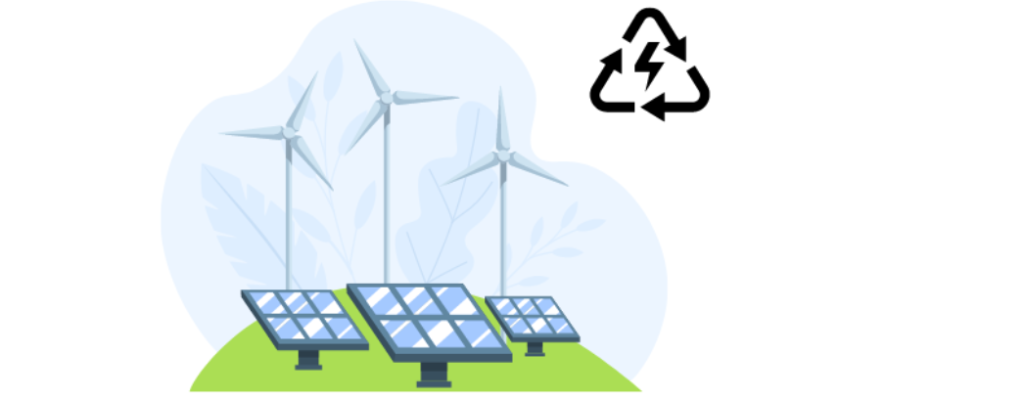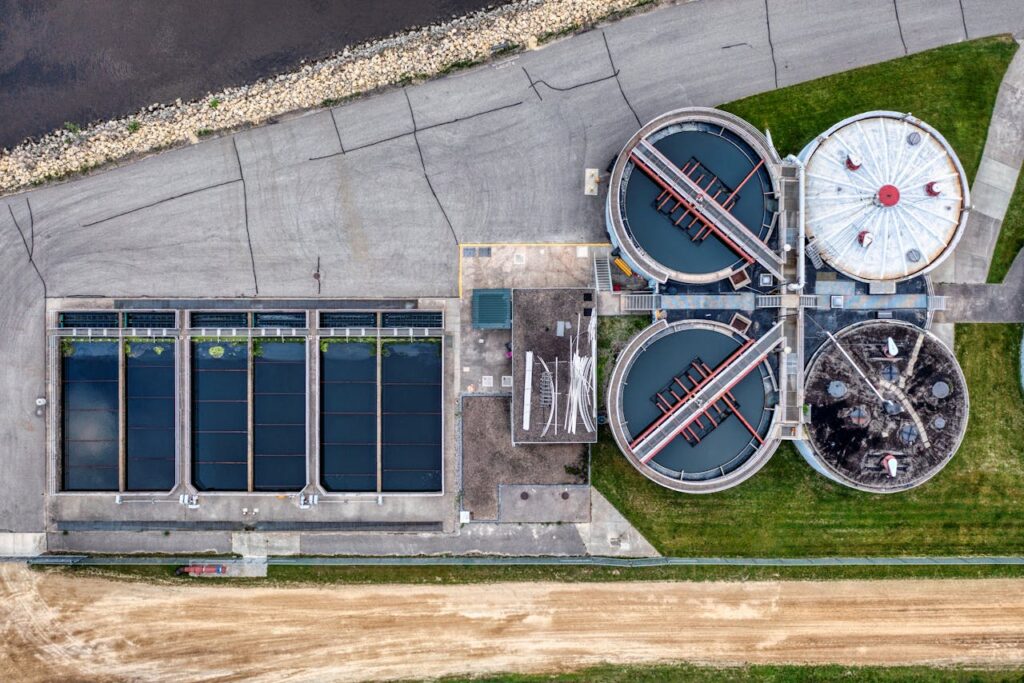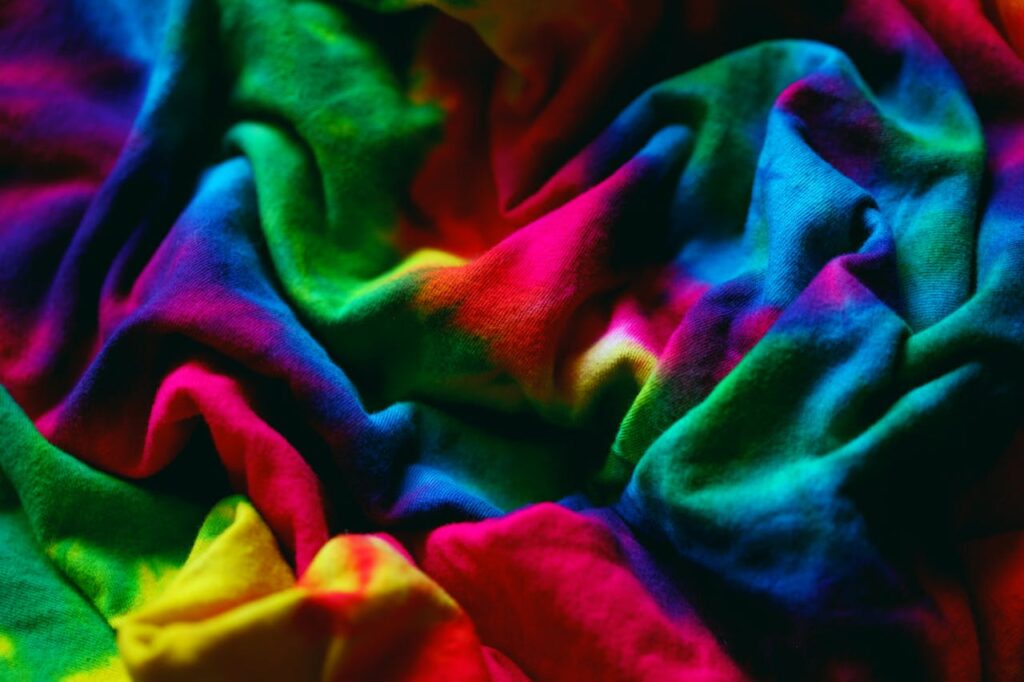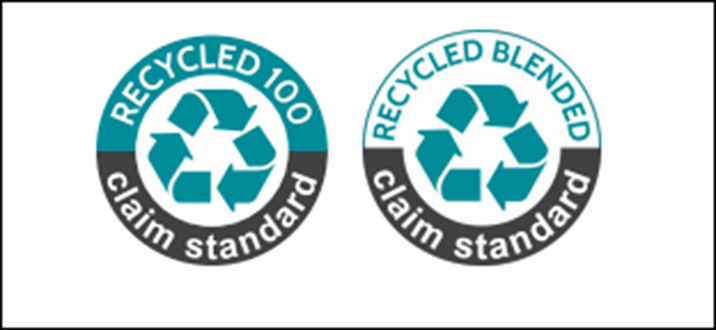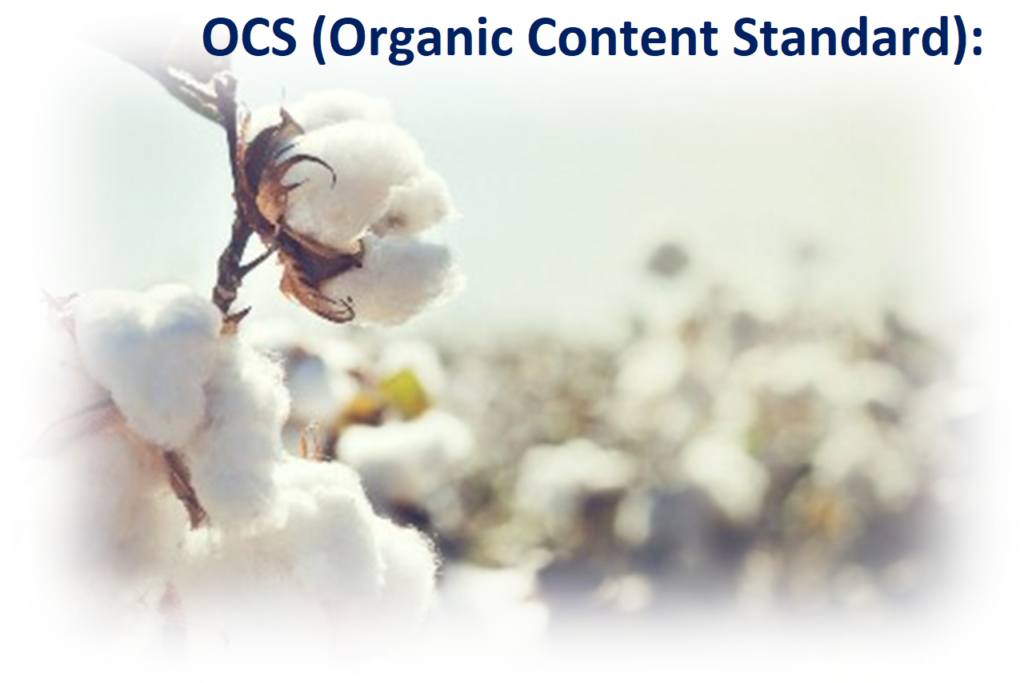Solar Power Solutions for the Textile Industry; Weaving a Greener Future
The textile industry has long been a cornerstone of the global economy but is one of the most resource-intensive sectors. Traditional textile manufacturing processes heavily rely on non-renewable fossil fuels, leading to extensive environmental damage and a significant carbon footprint. At every stage of production, textile manufacturing relies heavily on electricity, from powering machinery for […]
Solar Power Solutions for the Textile Industry; Weaving a Greener Future Read More »

